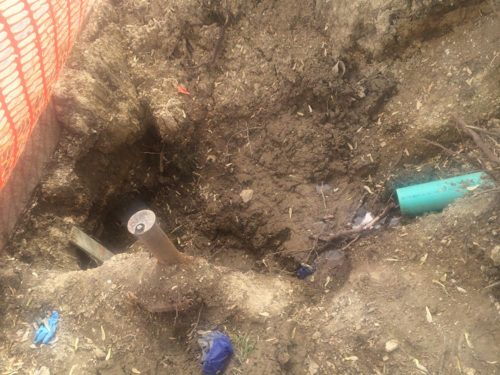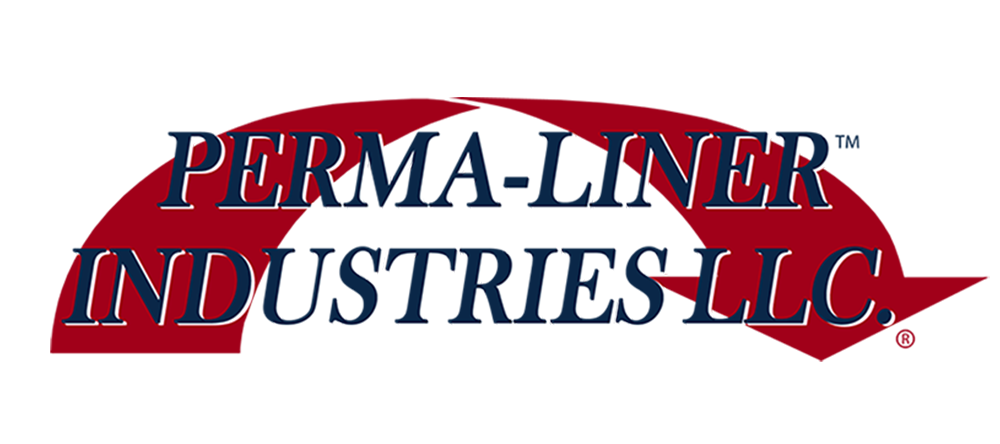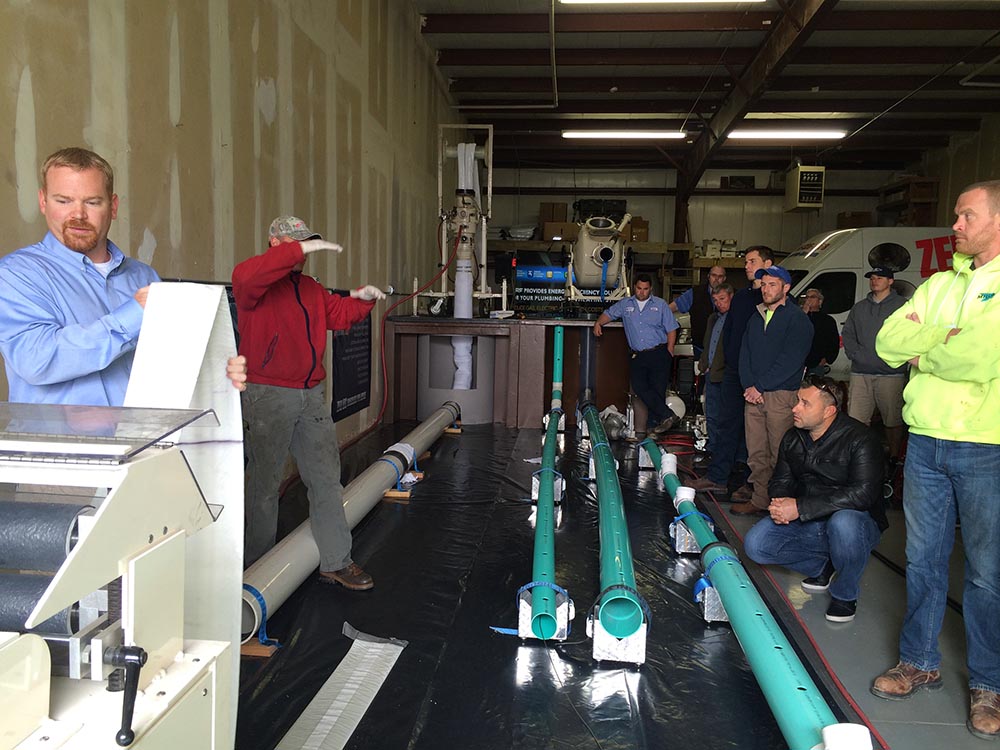There’s no question that Detroit has had a whirlwind of activity surrounding water, sewer, and pipeline instability. But most recently, the city sustained a shifting of sediment which has nearly blocked a collapsed sewer interceptor at a sinkhole prompting more than a half-million county residents and tens of thousands of businesses to restrict water usage. This vast community effort was a vital component in preventing a sewage discharge into the Clinton River. The collapsed pipeline is approximately 11’ and was being used as a temporary bypass for the interceptor line, which is 60 feet below ground. In order to remedy the sewer collapse and sinkhole quandary, the costs associated are estimated at nearly $78 million. Each year sewer overflows discharge billions of gallons of untreated sewage into the Great Lakes. These overflows are considered the key source of pollution in the Rouge River, and one of the main components in the algae blooms impacting Lake Erie. Interestingly, there are more fish harvested annually from Lake Erie than all of the other Great Lakes combined. Millions of dollars are being spent annually to improve the quality of the water in Michigan’s rivers by reducing the amount of pollution. Finally, natural solutions are prospering with the realization that green infrastructures not only limit the amount of stormwater in the sewer system, it also decreases the heat effect in the city by adding trees and plants where there was once heat-trapping surfaces.
Detroit, did you know? The city is changing the way it assesses drainage fees so that businesses and residential properties will be charged for water-resistant surfaces that contribute to stress on the city’s combined sewer system, rather than paying a flat fee. Anything that doesn’t allow water to flow into the ground- such as a roof, parking lot, garage or driveway is considered impervious or water-resistant. To offset imposed fees, the city is encouraging residents to install rain gardens in their yards and neighborhoods.
























